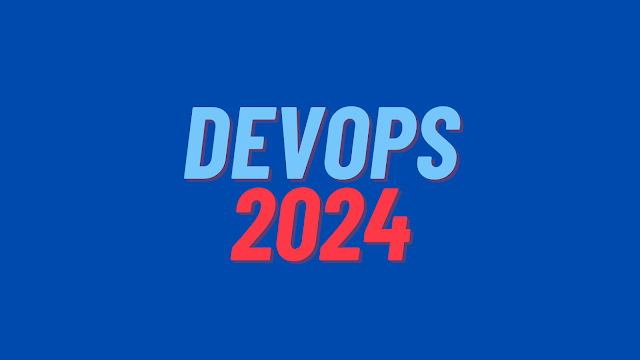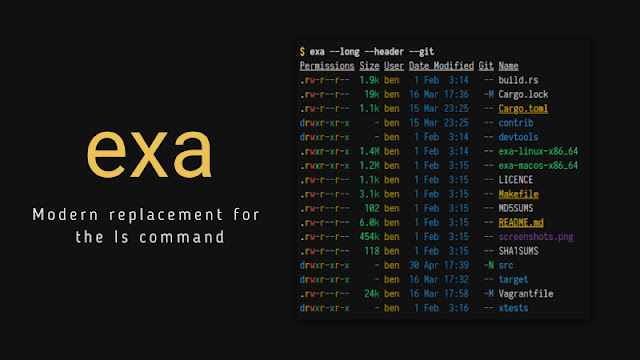Empowering Decentralized Operations: Unveiling the Potential of web3 devops
Introduction:
In the rapidly evolving landscape of technology, the marriage of decentralized technologies and DevOps practices has given rise to a new paradigm – 'web3 devops.' This fusion represents a revolutionary approach to managing decentralized applications (DApps) and blockchain-based systems. In this blog post, we'll delve into the significance of 'web3 devops' and explore how it is reshaping the way we build, deploy, and maintain decentralized infrastructures.
The Essence of 'web3 devops':
'web3 devops' refers to the application of DevOps principles and practices to the development and deployment of decentralized applications and blockchain-based systems. It recognizes the unique challenges posed by decentralized architectures and leverages DevOps methodologies to streamline processes, enhance collaboration, and ensure the reliability of web3 applications.
Adopting 'web3 devops' Practices:
To embrace 'web3 devops,' organizations and developers can follow a set of principles tailored to the decentralized ecosystem.
Decentralized Version Control: Utilize decentralized version control systems like Git with a focus on maintaining transparency and collaboration among geographically dispersed teams.
Smart Contract Testing and Deployment: Implement automated testing pipelines for smart contracts to ensure the reliability and security of decentralized applications. Tools like Truffle and Hardhat can be integrated into CI/CD workflows.
Containerization for Blockchain Nodes: Leverage containerization technologies such as Docker to encapsulate blockchain nodes, simplifying deployment and ensuring consistency across different environments.
Immutable Infrastructure for Blockchain: Embrace the concept of immutable infrastructure, treating blockchain nodes as disposable and reproducible entities. This ensures consistency and reduces the risk of configuration drift.
Continuous Monitoring of Blockchain Networks: Implement monitoring solutions to gain insights into the health and performance of blockchain networks. This includes tracking smart contract interactions, node status, and overall network activity.
Integration with Decentralized Identity: Integrate decentralized identity solutions to enhance security and user authentication within decentralized applications. Platforms like Ethereum's decentralized identifiers (DIDs) can be incorporated into user management processes.
Challenges and Opportunities:
While 'web3 devops' brings a fresh perspective to decentralized development, it also presents unique challenges. These include the need for specialized tools, understanding consensus mechanisms, and navigating the evolving landscape of blockchain technologies. However, the opportunities for increased security, transparency, and collaboration in decentralized ecosystems outweigh these challenges.
Conclusion:
As the world continues to move towards decentralized technologies, the role of 'web3 devops' becomes increasingly vital. By combining the best practices of DevOps with the demands of decentralized application development, 'web3 devops' paves the way for a more efficient, secure, and collaborative future. Whether you're a blockchain developer, a DevOps engineer, or simply curious about the intersection of these domains, understanding and embracing 'web3 devops' can position you at the forefront of the decentralized revolution. Welcome to the future of decentralized operations!







.png)



Comments
Post a Comment